
What a Hero: The Unyielding Spirit of Josephine Margaret Pescatore.
When the fury of Pearl Harbor shattered America’s peace in December 1941, a young woman in Philadelphia felt the tremor not just across her country, but deep within her own heart. Josephine Margaret Pescatore was only 21 when she graduated as a registered nurse, determined to turn her compassion into service for those in desperate need.
The Navy, however, rejected her for being “too short and not weighing enough.” Many would have been discouraged, but Josephine refused to let that stop her. She enlisted in the US Army Nurse Corps, trained rigorously at Fort Meade, and soon found herself among the dedicated women of the 24th Evacuation Hospital, bound for the heart of war-torn Europe.
Her journey began aboard a creaking Liberty ship with 39 fellow nurses, navigating the vast and unpredictable Atlantic as the world braced for the monumental D-Day invasion. The voyage was grueling: cramped quarters separated from a thousand soldiers by nothing more than thin tarps, a skeptical ship captain questioning the presence of women on board, and five nights under relentless fire as the skies erupted in bursts of flame and shrapnel. Josephine endured it all with quiet determination, her resolve never faltering.
Yet no amount of training or preparation could ready her for what awaited in Normandy.
As her boots sank into the sand of Omaha Beach, she stepped into a scene of unimaginable horror: 14,000 young men lay dead, their bodies strewn across the blood-soaked shoreline. Armed with nothing but a small handbag of personal items to tether her to normalcy, Josephine walked straight into the storm rather than away from it, driven by a sense of duty and compassion that eclipsed fear.
Promoted to First Lieutenant, she moved with her unit across Europe, witnessing the harrowing toll of Operation Market Garden and the frozen, merciless winters of the Battle of the Bulge. In canvas tents warmed only by sputtering potbelly stoves, she waged a different kind of battle—one of healing, tending to the torn and broken, and offering comfort to the dying when words were all that could be given.
She remembered a soldier named Ken, who had lost both an arm and a leg. Gangrene claimed what little remained, yet Josephine managed to salvage a pair of glasses for him so he could gaze at a postcard of the Statue of Liberty, whispering of home and easing the weight of his final moments with a glimmer of hope.
Her service also took her to the cemeteries of Holland, where she mourned paratroopers John Kablinski and Nick Patino, carrying their stories back to families through heartfelt letters of remembrance. Even when Red Cross tents—clearly marked with the symbols of neutrality—were strafed by enemy fire, she never wavered. Josephine ensured that no soldier faced death alone, even when the danger threatened her own life.
For her extraordinary courage and unwavering humanity, Josephine was awarded the Bronze Star. Yet medals never defined her. After the war, she married a Texan serviceman, and together they built a marriage that endured for six decades, grounded in love, resilience, and shared memories of sacrifice.
Her career continued as she led women’s orthopedics at Fort Sam Houston, shaping generations of caregivers with the same grit, compassion, and quiet authority that had carried her through the horrors of Europe. Even in her later years, Josephine shared her story widely with students and communities—not to glorify war, but to demonstrate the power of empathy and courage in the face of unimaginable suffering.
Her legacy is found not only in the lives she saved but in the enduring spirit she embodied: true heroism is not the absence of fear, pain, or adversity, but the steadfast commitment to bring light into the darkest corners of the world.
Josephine Margaret Pescatore proved that a young woman once deemed “too small” could rise taller than the storms of history. She healed a fractured world one wound, one hand, and one heart at a time, leaving a lasting mark of compassion, courage, and unwavering humanity.
News in the same category


A Waitress Said “No” — And Changed a Mother’s Night Completely
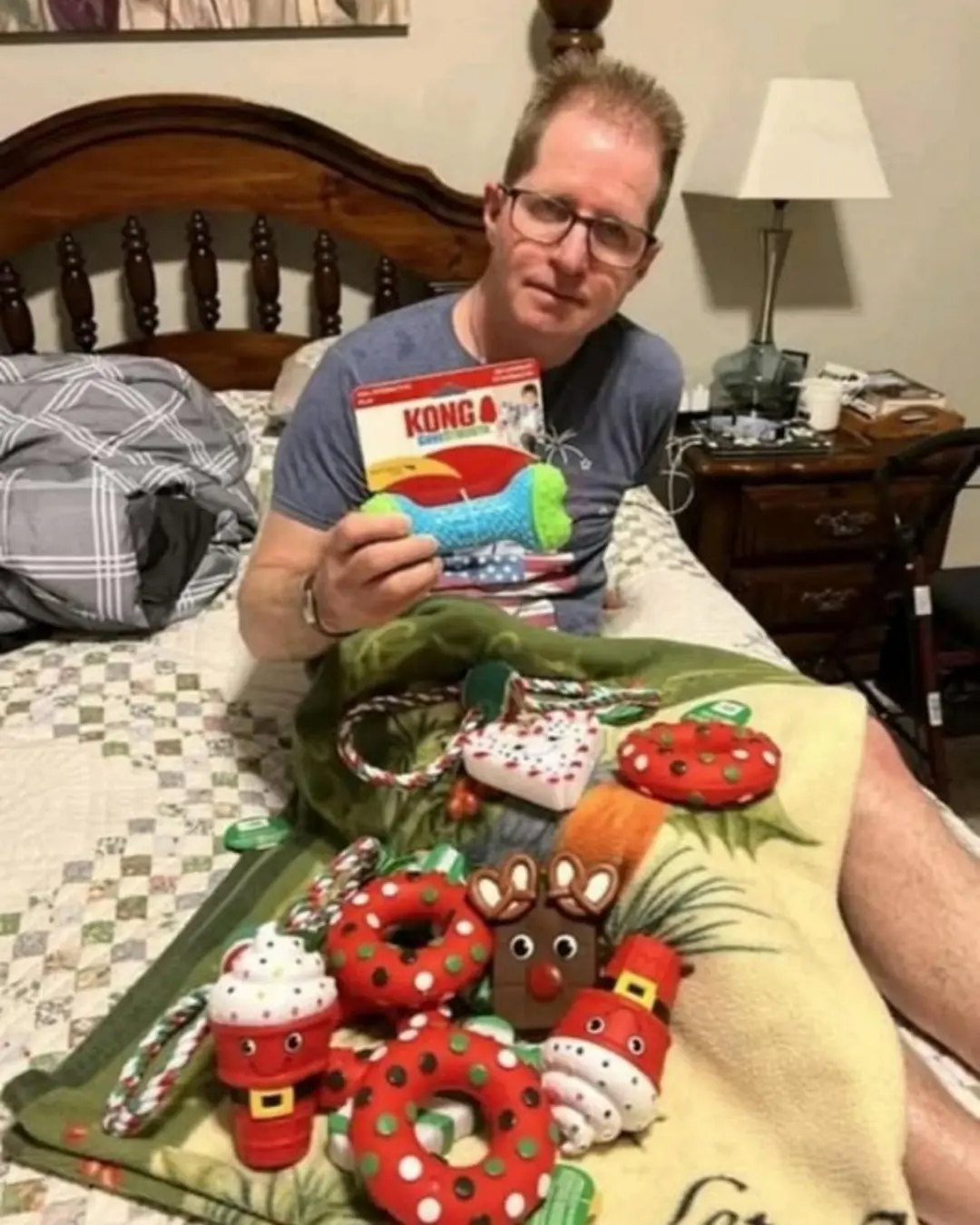
The Secret Santa Who Gives All Year Long — And the Ripple of Kindness He Started

A Single Gesture That United a Crowd in Emotion

Agatka’s Fight: A Little Girl’s Battle With Severe Aplastic Anemia

Laika’s Last Journey: The Little Dog Who Touched the Stars
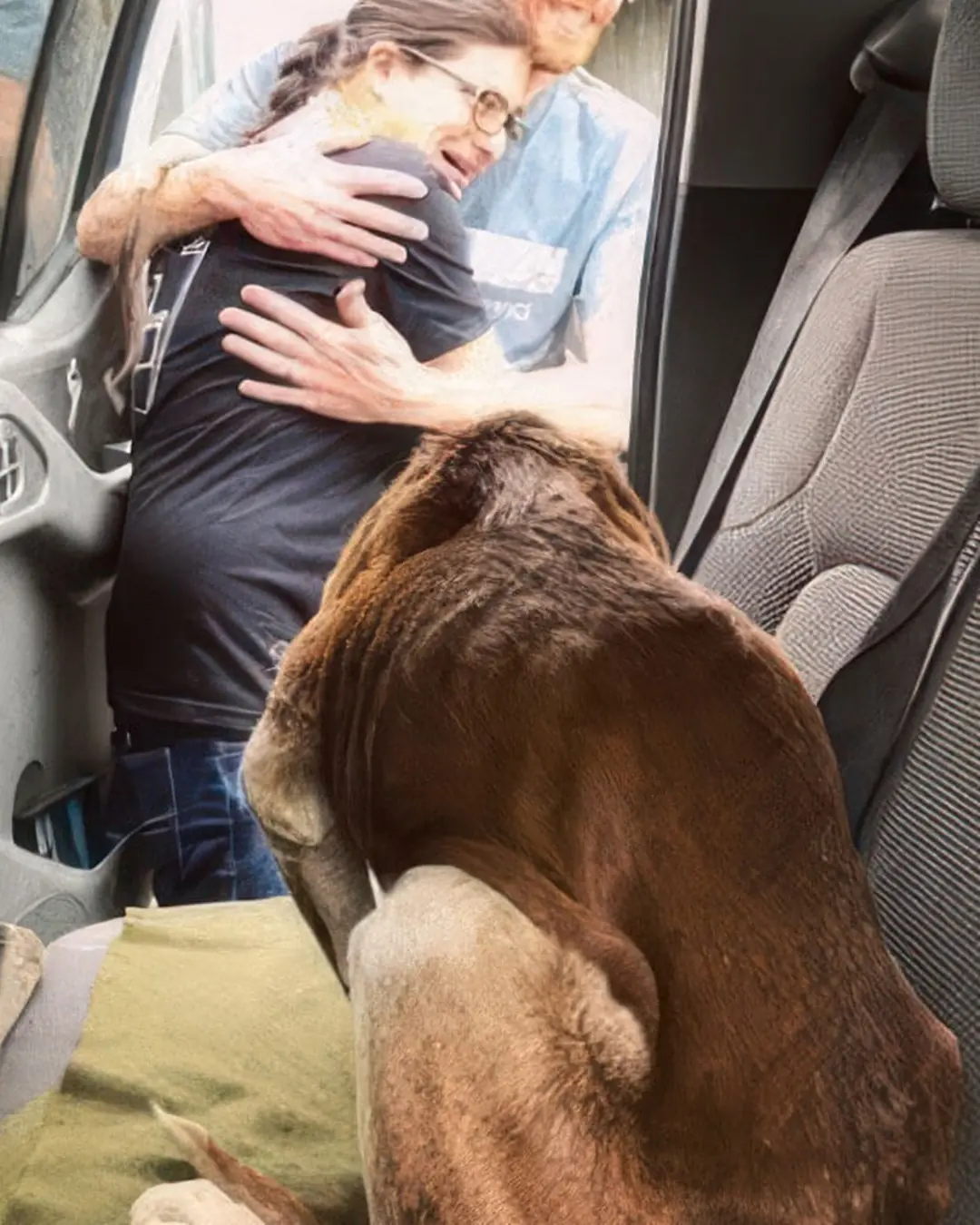
The Long Road Home: Max’s Journey Back to Love.

A Small Act of Kindness in Athens.

From the Cold Rain to a Warm Home.

Wild Elephant Chases Tourists in Bandipur Forest: One Injured in Close Call
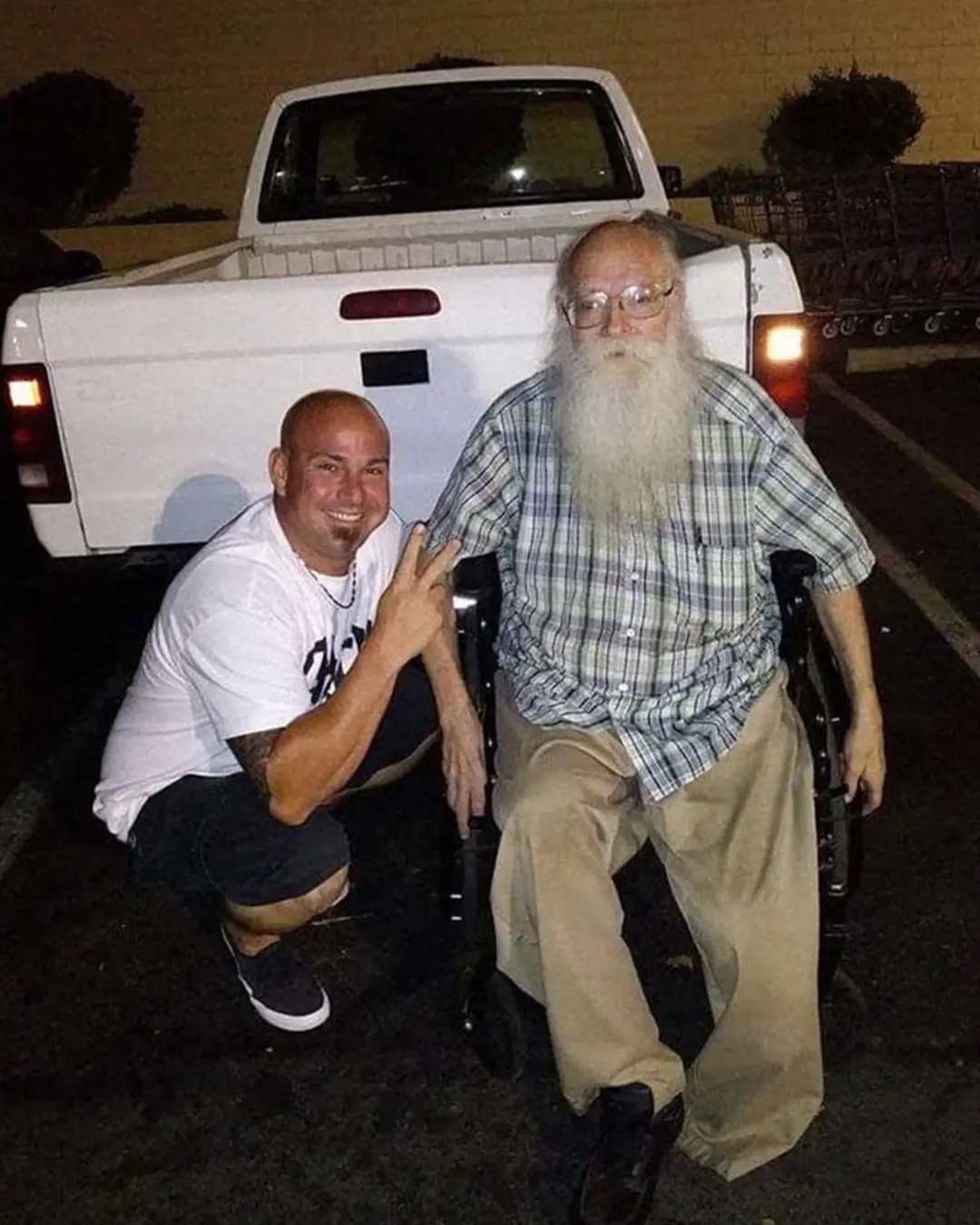
A Ride Home, A Lesson in Humanity.
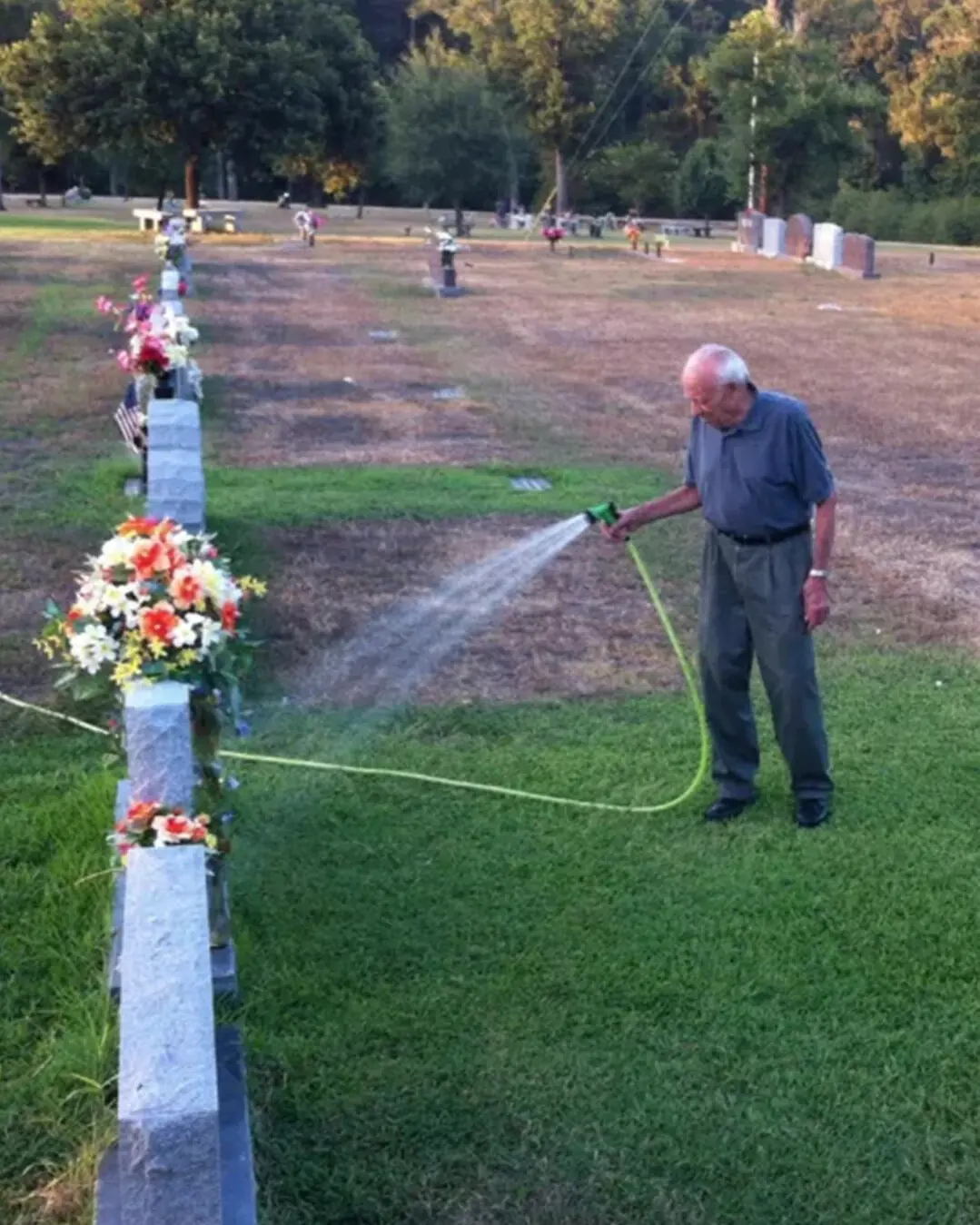
Jake’s Roses of Love and Respect.

A Small Act of Kindness in Athens
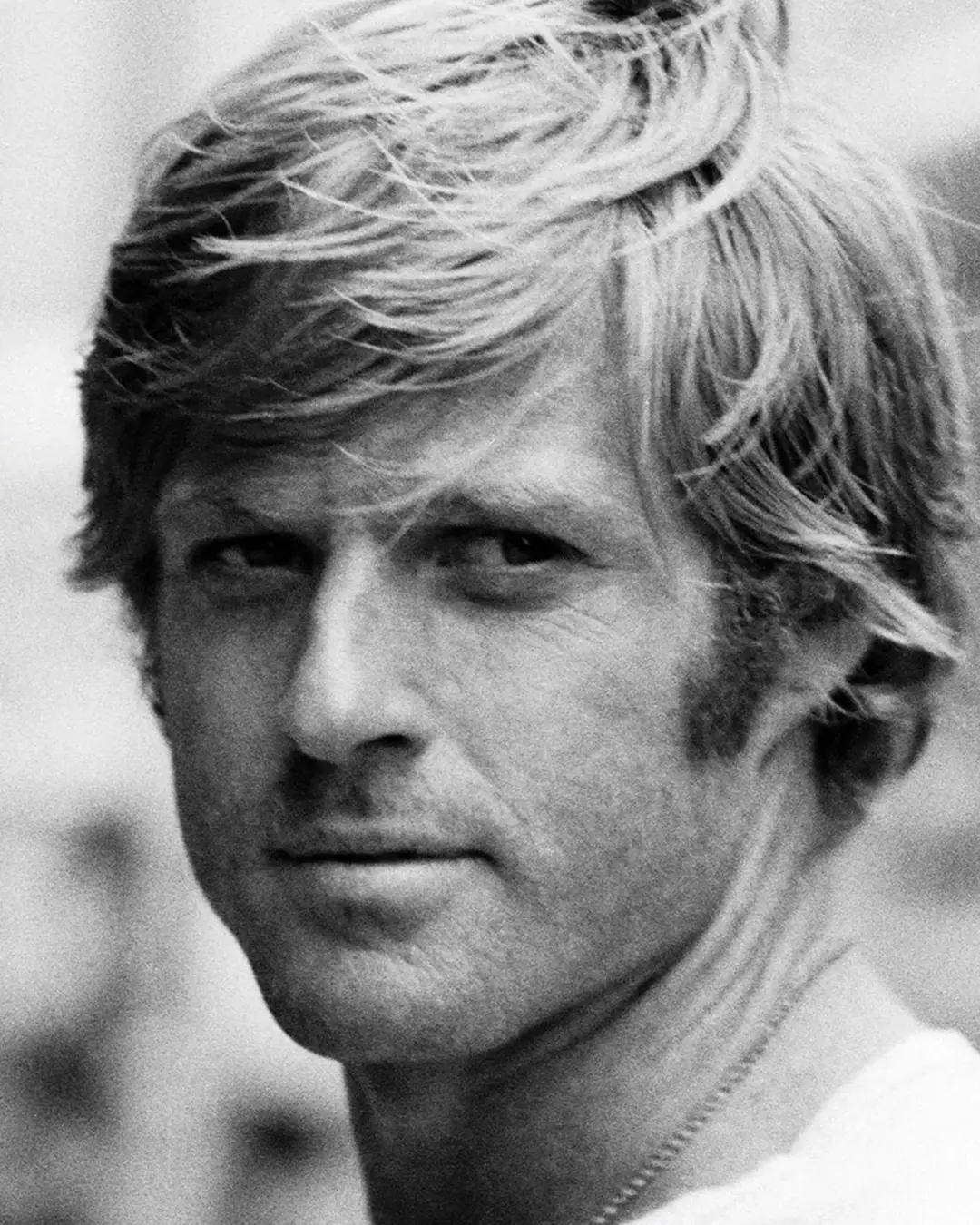
Robert Redford — The Passing of a Legend.

A Baby Elephant’s Bath Time Brings Joy to All.
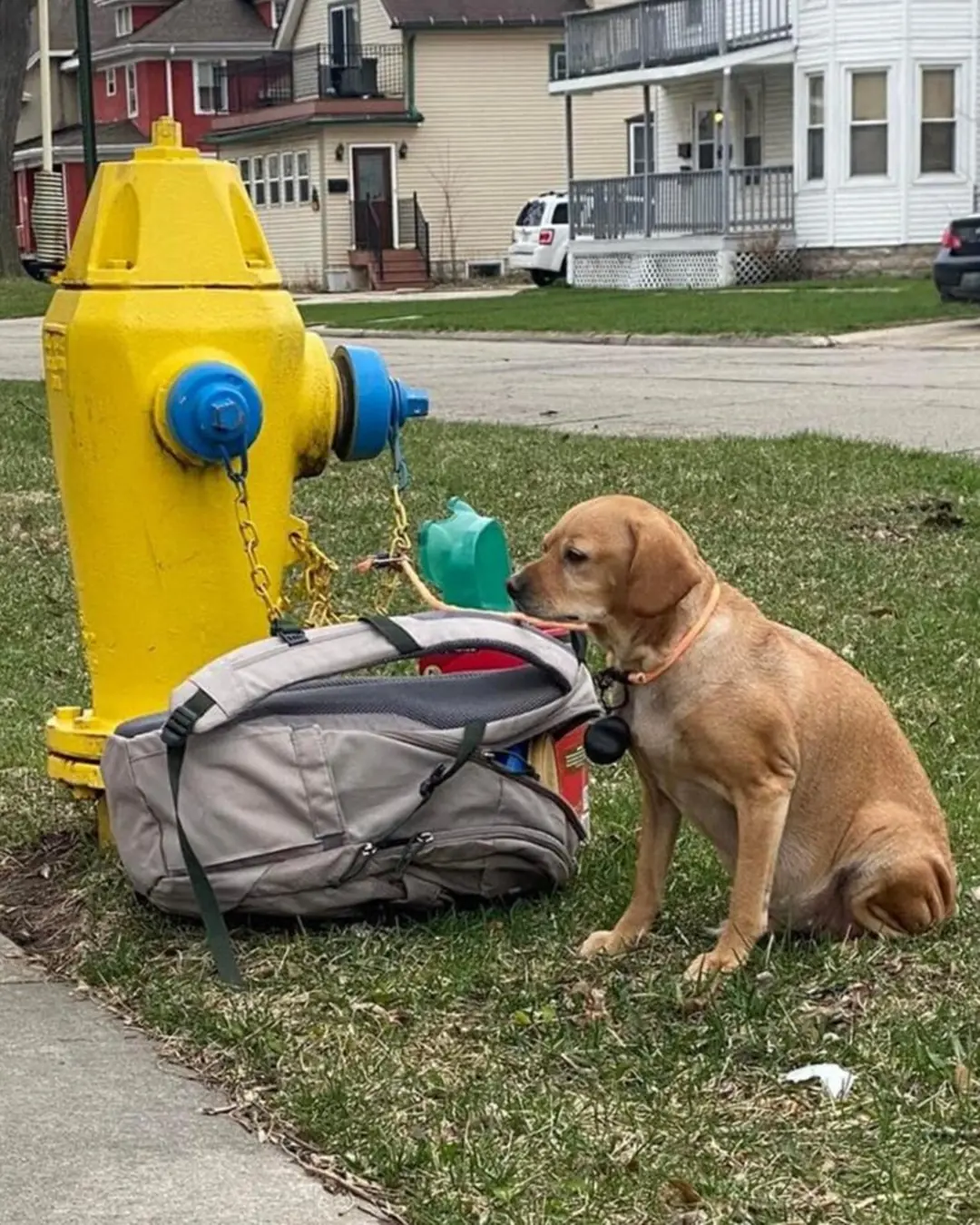
The Dog by the Fire Hydrant.
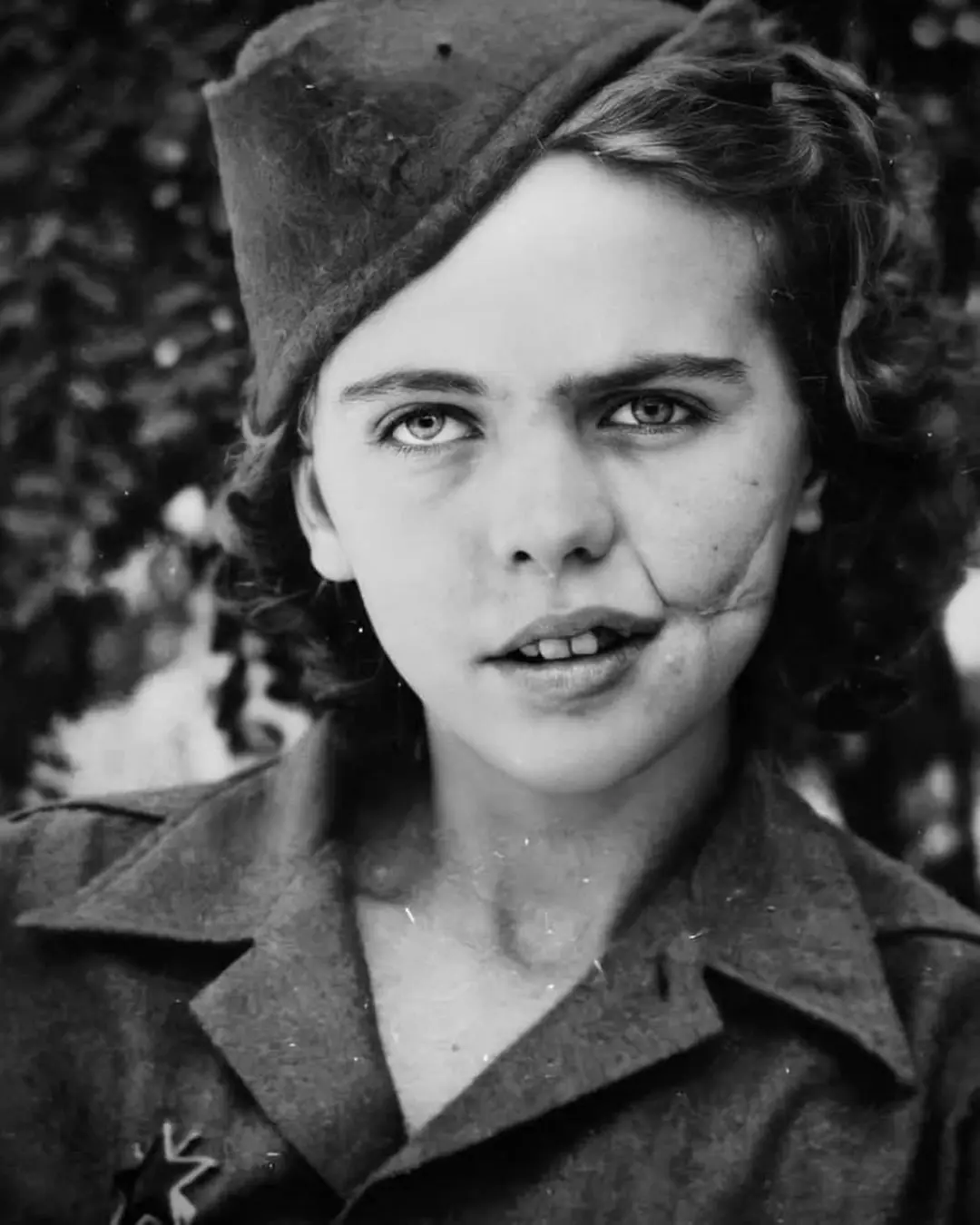
Albina Mali-Hočevar: The Girl Who Fought for Freedom
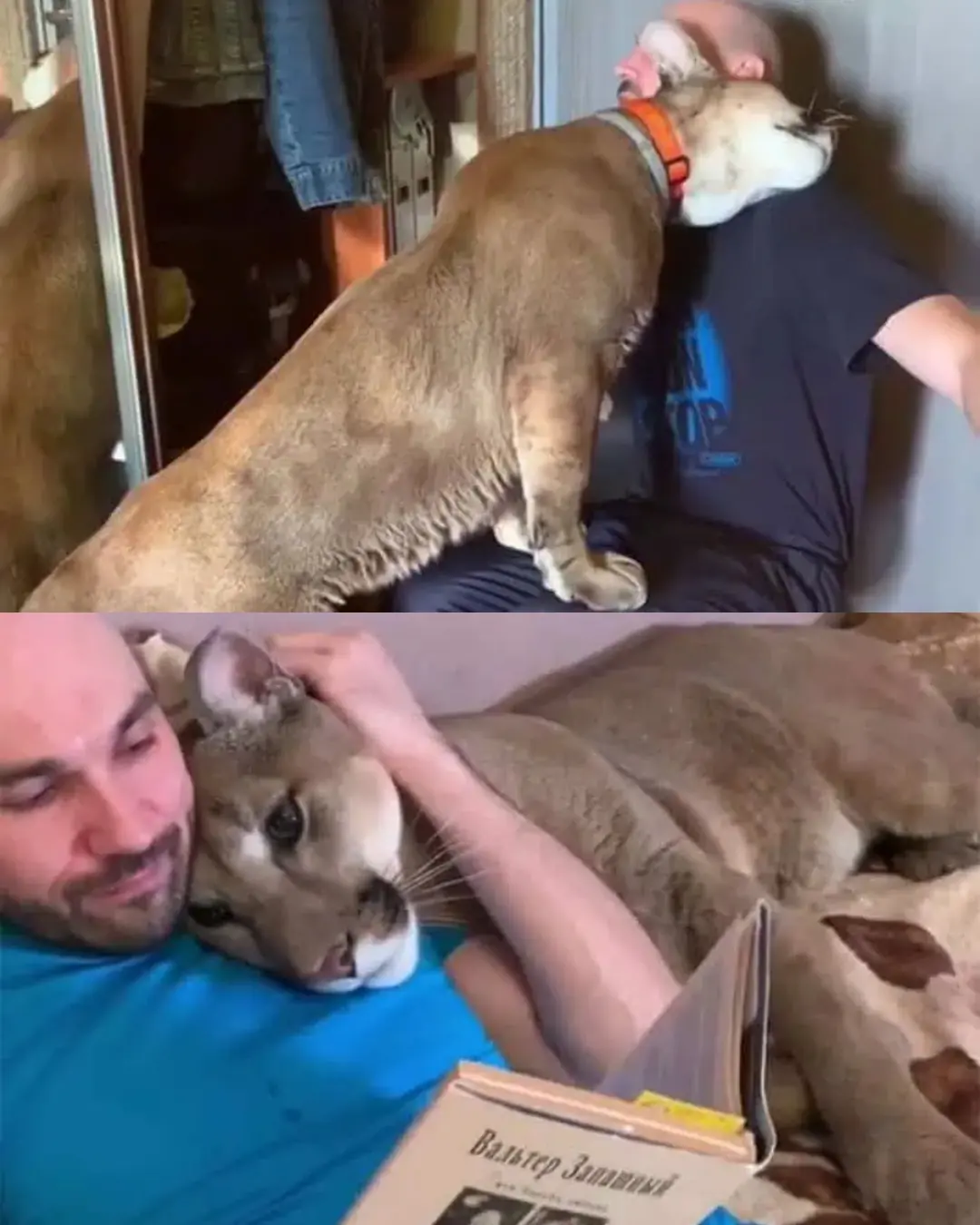
Messi the Puma: The Gentle Soul Who Found a Home in a Human Heart.
News Post

Truth behind K Pop star's bizarre $4.5 quadrillion 'lawsuit' making her richer than Elon Musk
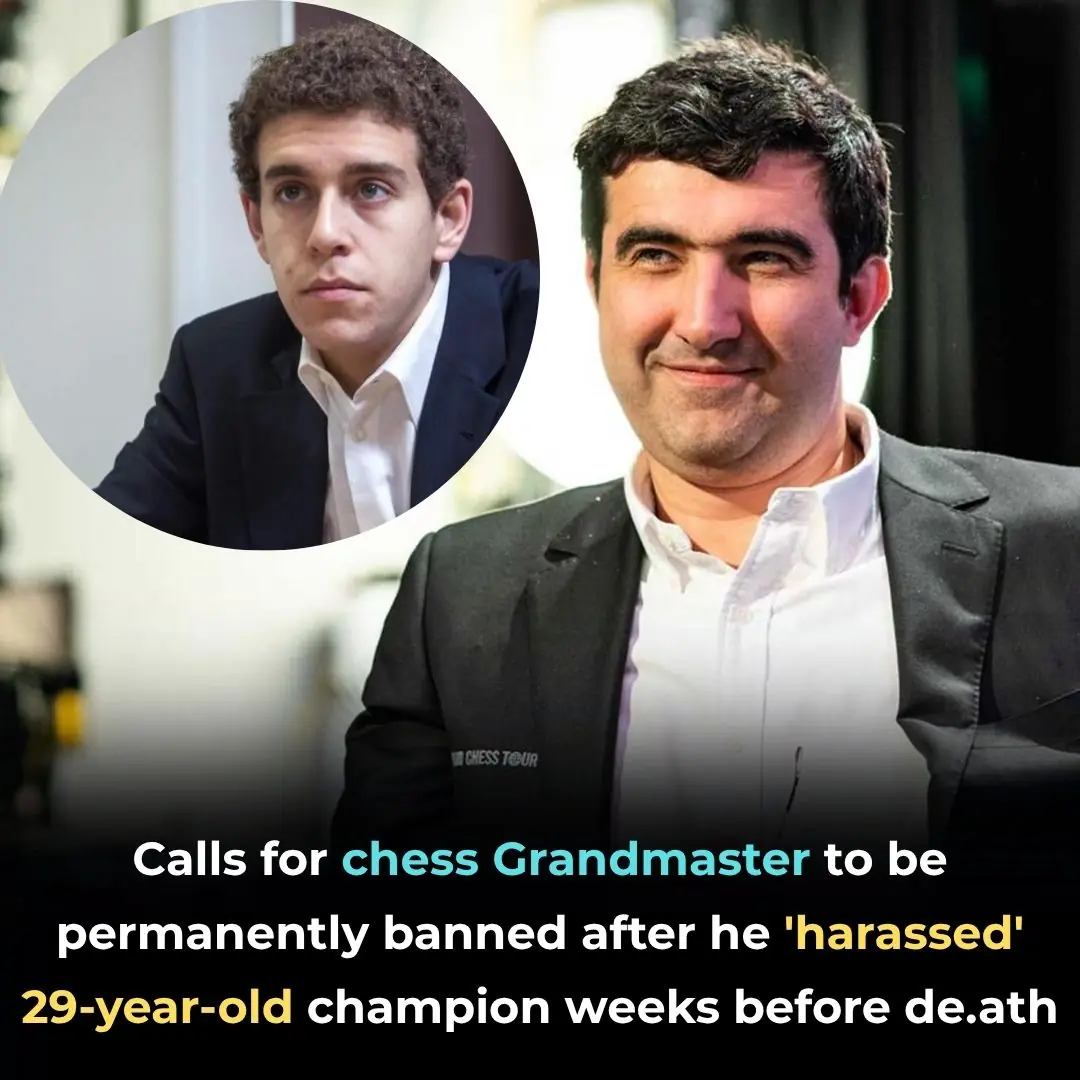
Calls for chess Grandmaster to be permanently banned after he 'harassed' 29-year-old champion weeks before death

American Beautyberry (Callicarpa americana): Benefits and How to Use It

Holding Cloves in Your Mouth: A Natural Way to Relieve Toothache

Everybody Hates Stinging Nettle, But Most People Don’t Know the Power of Its Root

A Grocery Store Encounter That Turned Into Something More

A Waitress Said “No” — And Changed a Mother’s Night Completely

The Secret Santa Who Gives All Year Long — And the Ripple of Kindness He Started
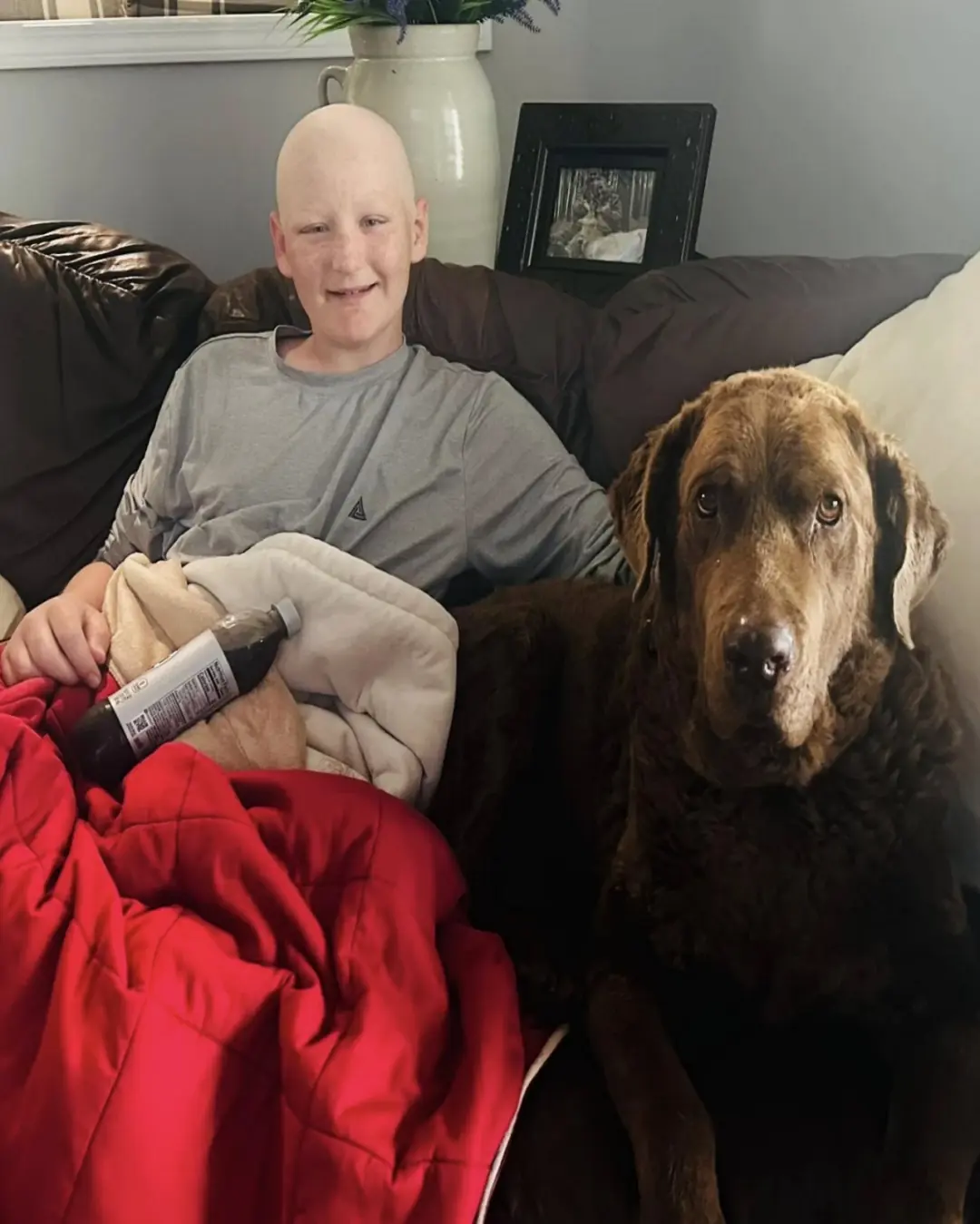
Will’s Best Sunday Ever: A Brave Teen’s Return Home

A Single Gesture That United a Crowd in Emotion

Agatka’s Fight: A Little Girl’s Battle With Severe Aplastic Anemia

Laika’s Last Journey: The Little Dog Who Touched the Stars

The Long Road Home: Max’s Journey Back to Love.

A Small Act of Kindness in Athens.

From the Cold Rain to a Warm Home.

Wild Elephant Chases Tourists in Bandipur Forest: One Injured in Close Call

A Ride Home, A Lesson in Humanity.

Jake’s Roses of Love and Respect.
